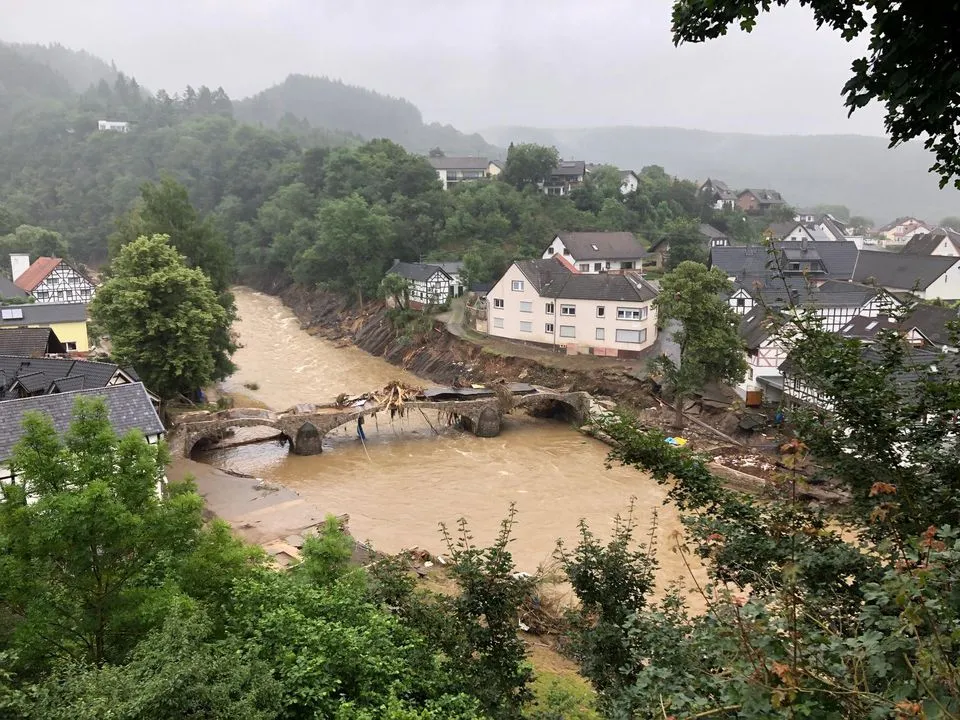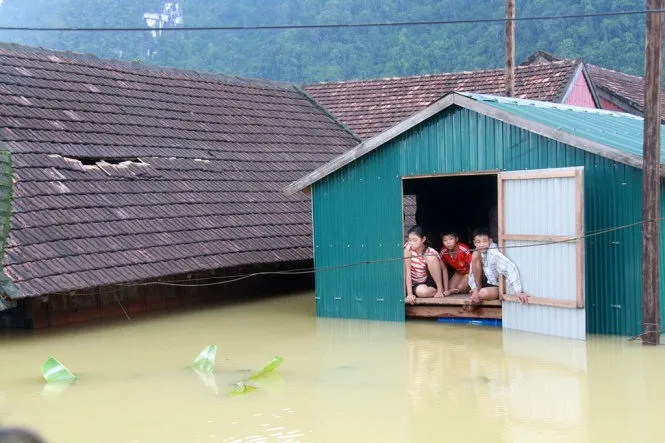I have given this post a lot of thought, I was planning to give a lot of facts and evidence, but I changed my mind, does it even matter now? People all over the world have been given this information for decades, and not much has been done to tackle the effects of climate change.
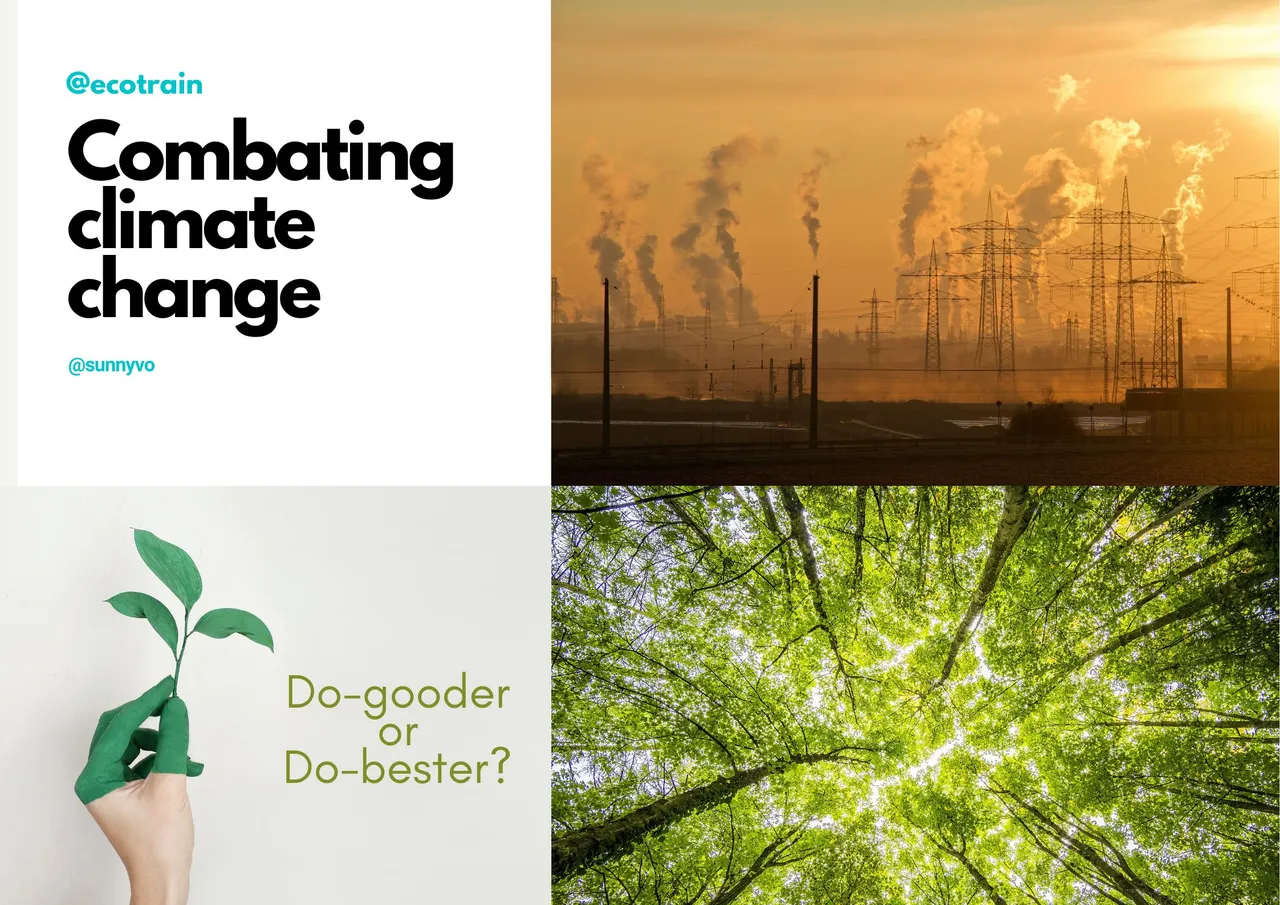
I am going to speak from the heart, I am not good at telling stories, so bear with me.
In 2011, I started to get involved in some climate change movements which helped me to learn a thing or two about climate change, I was lucky to be aware of this crisis from such a young age.
Our first campaign was part of a series of activities in the "Earth Hour" movement which was organized annually in March, you may also have heard about it.
Our job was encouraging people to turn off their idling engines while waiting at the traffic lights. This is based on the idea that it could help prevent releasing CO2 in the environment, keep the air healthier and save fuel.
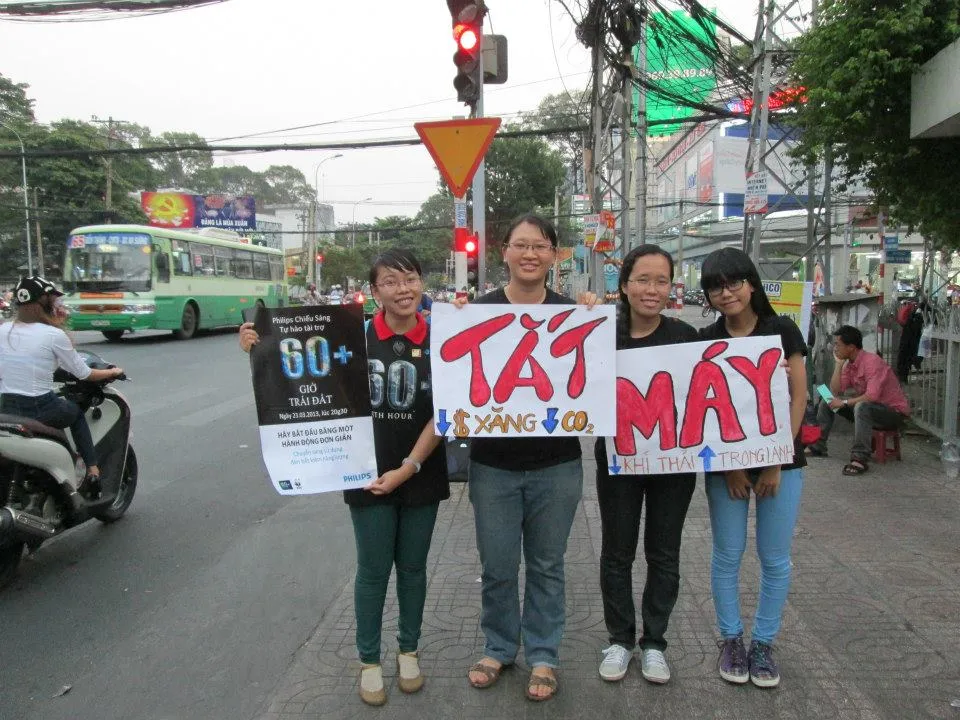
We received all kinds of reactions from commuters, some were really supportive, many people were hesitant to follow it and some of them claimed that we were just a crazy bunch of kids. That was when I learned that moving forward the way would be paved with many obstacles.
But that was 10 years ago, now talking about the climate crisis has been much easier as more and more people are aware of that, some of them may have suffered from its impact, and so is the damage it has caused for our planet in the last decade.
This year, torrential rain caused severe flooding in Western Europe and China. These extreme climate phenomena led to hundreds of fatalities and substantial damage to infrastructure and people's livelihoods.
Why do I care?
My home country, Vietnam is one of the regions which is vulnerable to the effects of climate change and global warming.
Typhoons and floods are becoming more intense and frequent in recent years.
With 70 percent of Vietnam’s population living along its 3200-kilometer coastline and heavily populated low-lying areas, rising sea levels and extreme weather conditions have wreaked havoc on the livelihoods of people in these areas.
This is from my previous post
Do-gooder or do-bester? .
Recently, I learned this theory in an online course, it is discussed in the book called "Reinventing philanthropy" by Eric Friedman. Basically, the do-gooder is someone who does something good in the world, but mostly to obtain some satisfaction, whereas the do-bester focuses on the outcome, they look at areas where they can create the biggest impact.
Are you a do-gooder or a do-bester?
When it comes to combating climate change, it is obvious that we should focus on actions that are more effective because we have no time to waste, so what is it?
Cutting down on fossil fuel use
Cutting down on fossil fuel useNow that is our biggest challenge, how about the approaches?
Top-down or bottom-up?
The top-down approach can be powerful, however, a lesson I learned from history is that changes implemented by bottom-up movements have long-lasting effects and are more sustainable.
You and I are the changes we need, I believe that small action can magnify. This would be quite personal and so is coping with this crisis, there is nothing universal about all of this, adaptation is the key.
1. Practice minimalism
There are many interpretations of minimalism, the most common one is "living with less", and then "less" can mean different things to everyone.
In my opinion, minimalism is living with necessities, only living with what you absolutely need.
Leading this lifestyle offers endless benefits to your life, and more importantly, it helps the planet.
For the last 2 years, I have bought fewer items than usual and making my life much simpler. Every time I make a decision to buy new things, I always asked myself if it is really necessary, if there is any available substitute, especially something I have already owned and have the same function. I started shopping for second-hand stuff, clothes, cameras, household appliances, of course, the first question is "do I really need it?".
2. Technology — apps and social media
Many people find it hard to grasp the impacts of climate as the data and numbers are often abstract, it is difficult to imagine something if one never experiences it themselves, technology can bridge this gap.
handprinter.org is a website that can help you measure these in the unit we can all understand — time. By completing the green challenges on the site, you can see the impact you make for the world, you can also invite and share your progress with others.
This is an example of how technology can help raise awareness and encourage positive actions towards a better future.
3. Adaptation — it's not giving up.
Become a volunteer or donate to campaigns and projects to help local people deal with the consequences of severe weather conditions.
Some people do not like the idea of working with adaptation strategy because it seems like we give up hope. However, it is crucial to develop ways to adapt and thrive in years to come as I suppose this would be a long fight.
Nhà chống lũ - A project that builds the amphibious house which rests on the ground but can float when a flood occurs.
4. Leading a sustainable lifestyle
Reduce - reuse - recycle
Always reduce first.
Home-cooked meals
It is healthier, more economical, and especially reduces plastic waste.

Think about the amount of plastic waste we could cut off if everyone starts cooking at home.
Plant a tree
Trees take in water and improve the flooding situation.
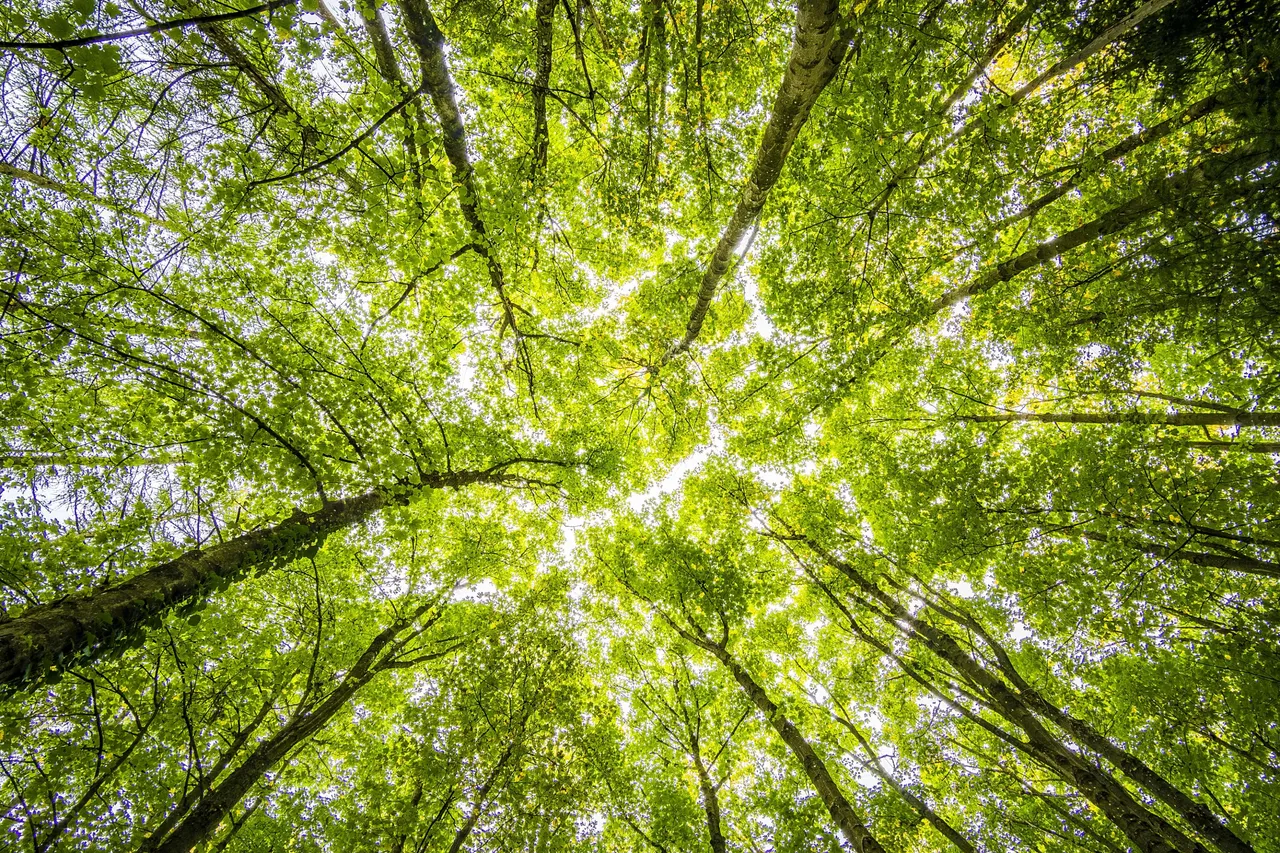
source
You can read more about this post here.
That is it, all cards are in your hand, consume less, learn and share with the world.
Join me on this journey!

